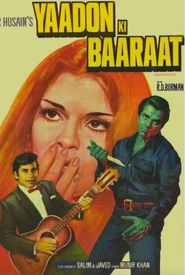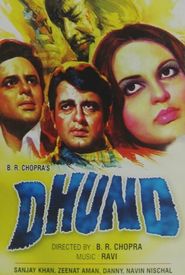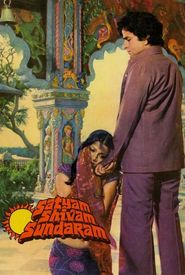Zeenat Aman was born on November 19th, 1951, to a Maharashtrian Brahmin Hindu mother and a Pathan Muslim father, Amanullah Khan, who was a writer for the classic "Mughal-e-Azam". Her parents divorced when she was a little girl, and her father passed away when she was 13. Zeenat was an only child and graduated from Saint Xavier's school in Bombay. She won a scholarship to study in California and later worked as a reporter before being introduced to modeling by friends.
Her most prominent ad campaign was for Pond's 7-day to better complexion, and she went on to enter the Miss India contest, finishing as the third runner-up. She later won the Miss Asia/Pacific title, becoming the first Indian to do so.
Zeenat made her film debut in "Hulchul" with Kabir Bedi, but the film was a commercial failure. She was then introduced to the film industry by Dev Anand, who signed her for his film "Hare Rama Hare Krishna" (1971) opposite himself and Mumtaz. The film was an instant hit, and Zeenat's performance earned her the Filmfare Award for Best Supporting Actress.
Zeenat went on to revolutionize the portrayal of Indian women in cinema, refusing to conform to traditional norms. She took on roles that were unconventional for women at the time, such as a "less than pure" character in "Hare Rama Hare Krishna". She also broke barriers by kissing her leading man on the mouth for the first time on the Indian screen post-Independence.
Zeenat's characters were known for their independence and strong will, and she was often paired with male actors who were rising stars at the time. She signed films opposite Raj Babbar, Deepak Prashar, Mithun, Kanwaljeet Singh, and Tariq Ali, helping to launch their careers.
Zeenat was married twice, first to Sanjay Khan, with whom she had a tumultuous relationship, and then to Mazhar Khan, with whom she had two sons. Her second marriage ended in divorce, but she remained close to her ex-husband until his death.
Throughout her career, Zeenat was recognized for her contributions to Indian cinema, and her portrayal of Indian women helped to bring about a change in the way women were depicted on screen.




































